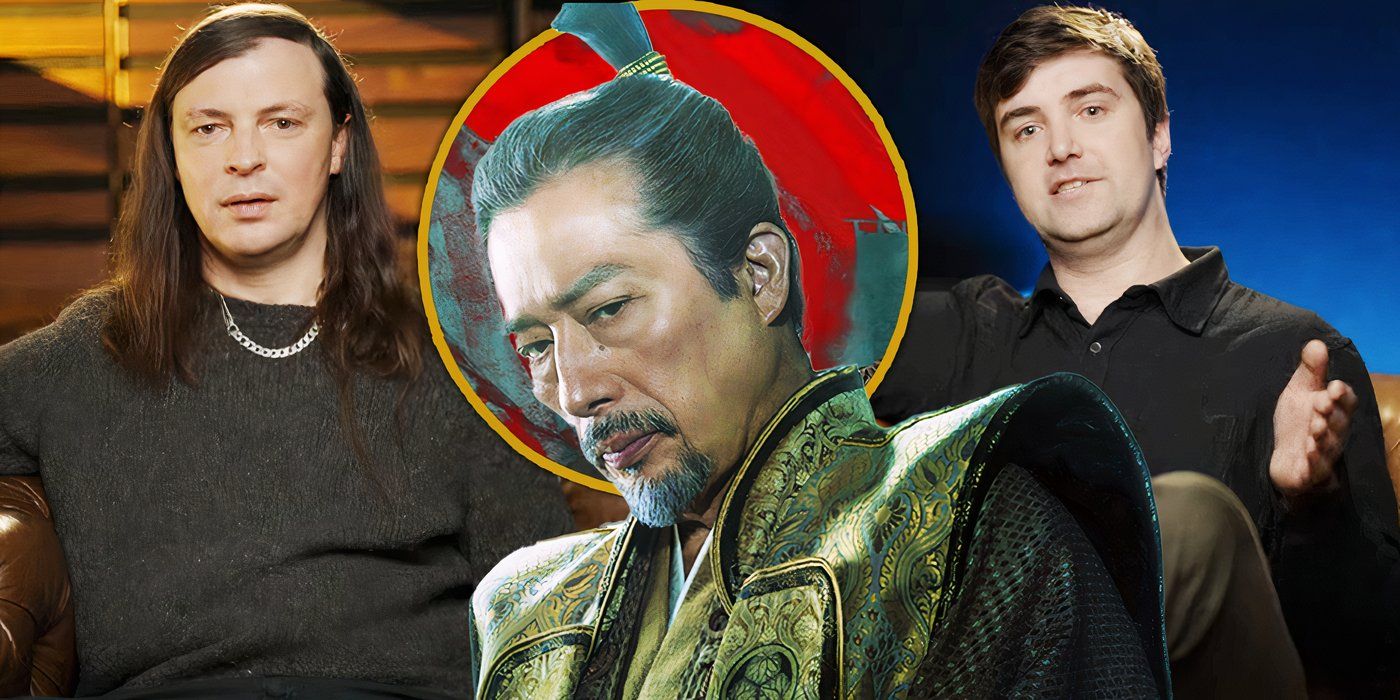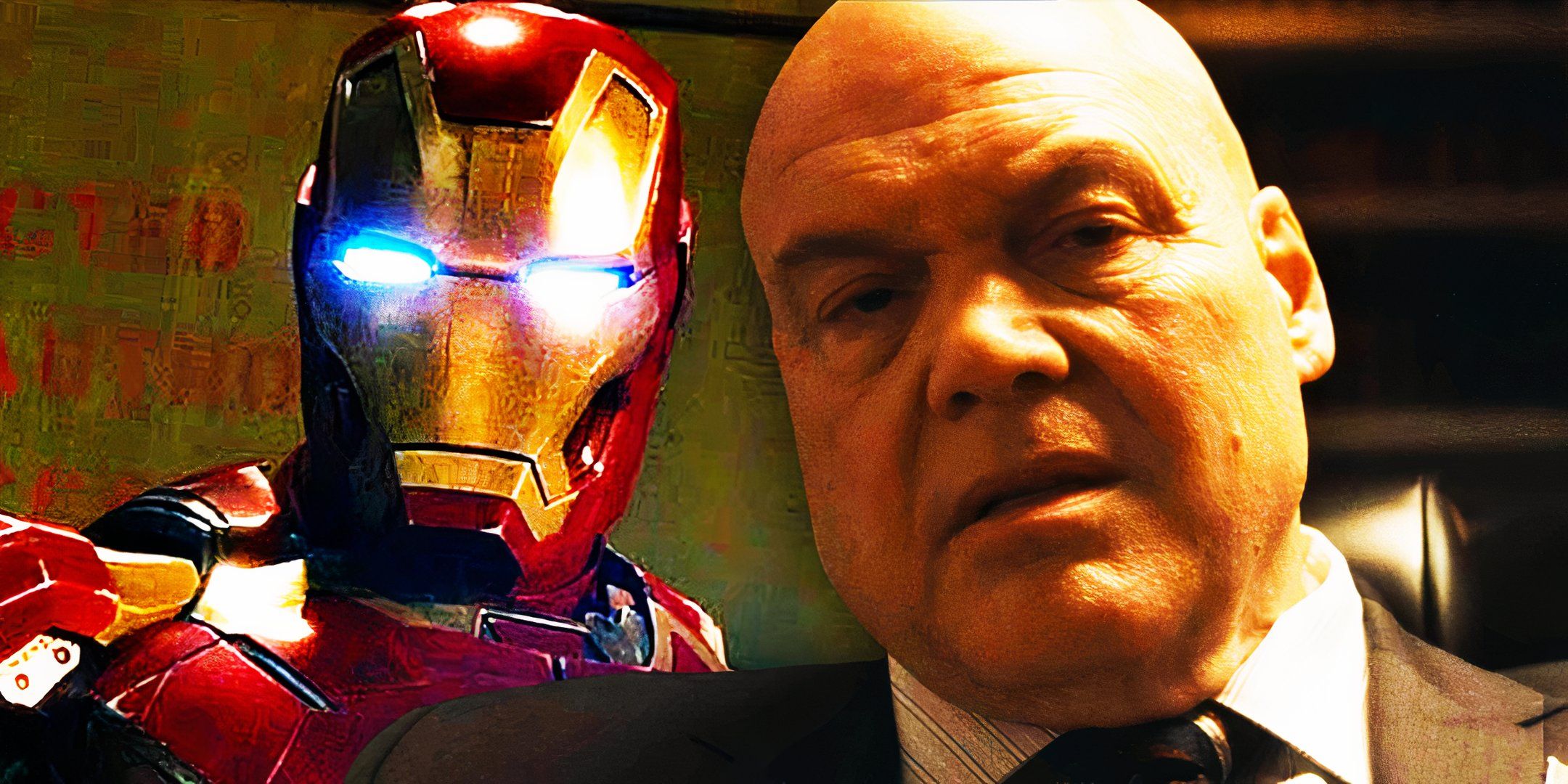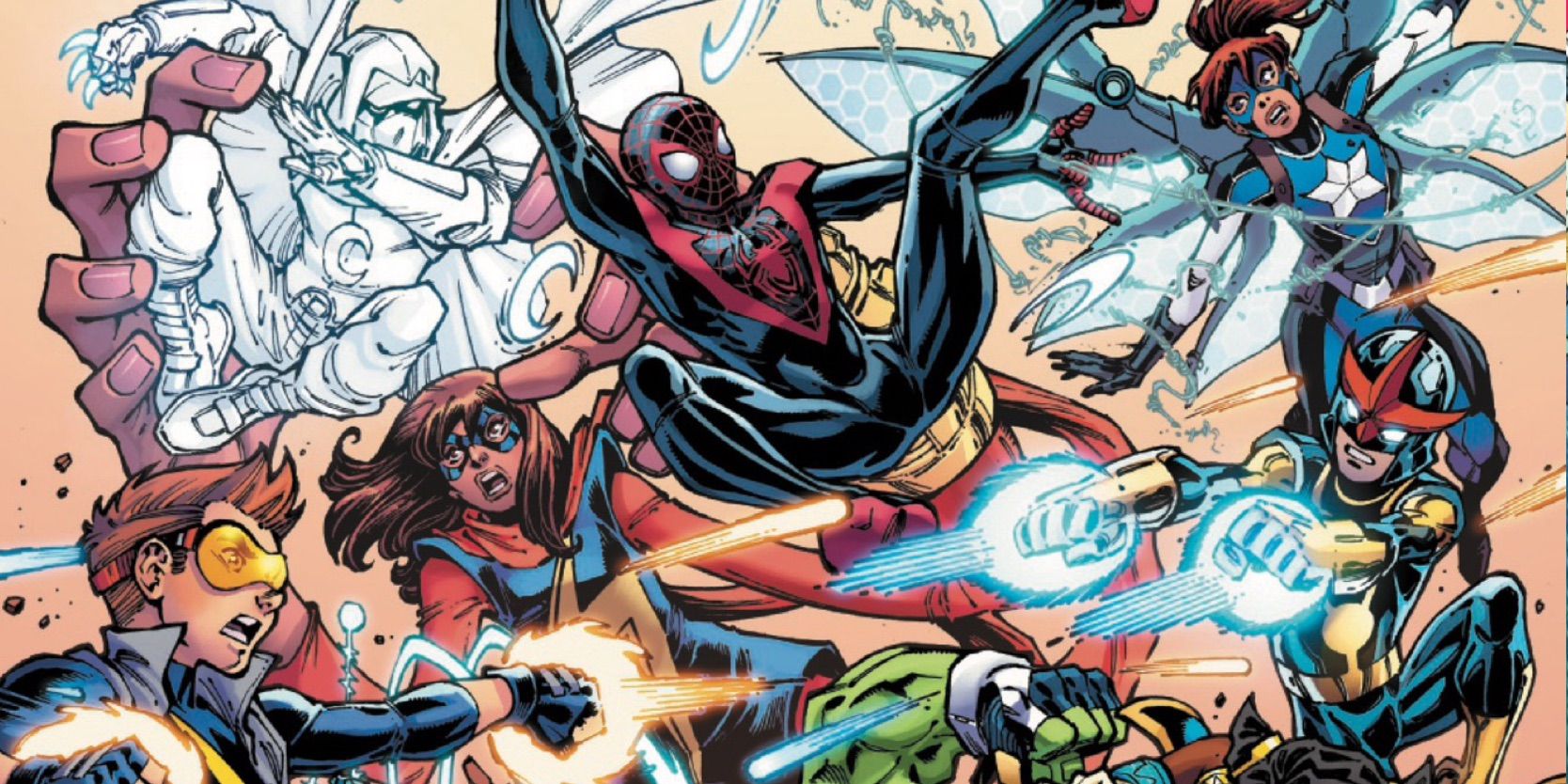Shōgun Composers Talk Nose Flutes & Traditional Japanese Music In The Big Score’s Latest Episode
Summary Screen Rant presents the latest episode of The Big Score, which dives into the music of Shōgun.
Shōgun's composers, Leopold Ross, Atticus Ross, and Nick Chuba, masterfully blend traditional Japanese instruments and modern techniques for a unique score in FX's mini-series.
Collaborating with Taro Ishida, the composers skillfully adapt traditional Japanese music elements while creating immersive soundscapes.
The latest episode of Hollywood Records’ The Big Score series explores the music of Shōgun, and Screen Rant has a first look. Shōgun is a record-breaking adaptation of James Clavell’s 1975 novel of the same name, and tells the story of John Blackthorne, an English man who washes up on the shores of Japan, only to find himself a pawn in the far-reaching schemes of the powerful lord Yoshii Toranaga. The series stars Cosmo Jarvis as Blackthorne, Hiroyuki Sanada as Toranaga, and Anna Sawai as Mariko.
Screen Rant is happy to present a first look at the latest episode of The Big Score, a series which delves into the unique processes behind modern film scores. Shōgun enlisted Monarch: Legacy of Monsters composer Leopold Ross, Atticus Ross (The Social Network), and Nick Chuba (Dr. Death) for the score, which impressively combines traditional Japanese instruments and musical styles with modern techniques. Take a look at the episode below:
How The Shōgun Composers Found The Perfect Amount Of Historical Accuracy
Close
Many Shōgun characters are based on real people, and the filmmakers made sure to recreate 1600 Japan with as much authenticity as possible. As seen in the video above, the Shōgun composers also took care to craft a score that included traditional Japanese instruments and took cues from the style of Gagaku music. The composers also are quick to point out that they didn’t necessarily want to write period-accurate music, which ultimately made for an even more effective score. Film scoring has techniques and creative goals unlike any other kind of music, and Chuba and the Ross brothers had to ensure they could satisfy the emotional needs of the series.
Thanks to the collaboration of Taro Ishida, the Shōgun composers were able to write confidently in the knowledge that they were successfully adapting aspects from traditional Japanese music even as they strayed from traditional techniques. By processing and augmenting instruments already unfamiliar to many contemporary ears, they were able to craft haunting soundscapes that immersed audiences in the feeling of being new to a complicated and deadly place. Music stuck adhering to traditional rules may not as viscerally complemented feelings like John Blackthorne’s constant overwhelm.
As impressive as the show’s attention to historical fact is, there are moments where Shōgun couldn’t be historically accurate. It’s a staggeringly detailed show, but it is ultimately a drama that aims to invite viewers into a world not their own. Arguably, the smartest thing Shōgun—and its composers—have done is understood exactly when and where to add a contemporary touch to fully engage a modern audience.
Shōgun is on Hulu now.











COMMENTS